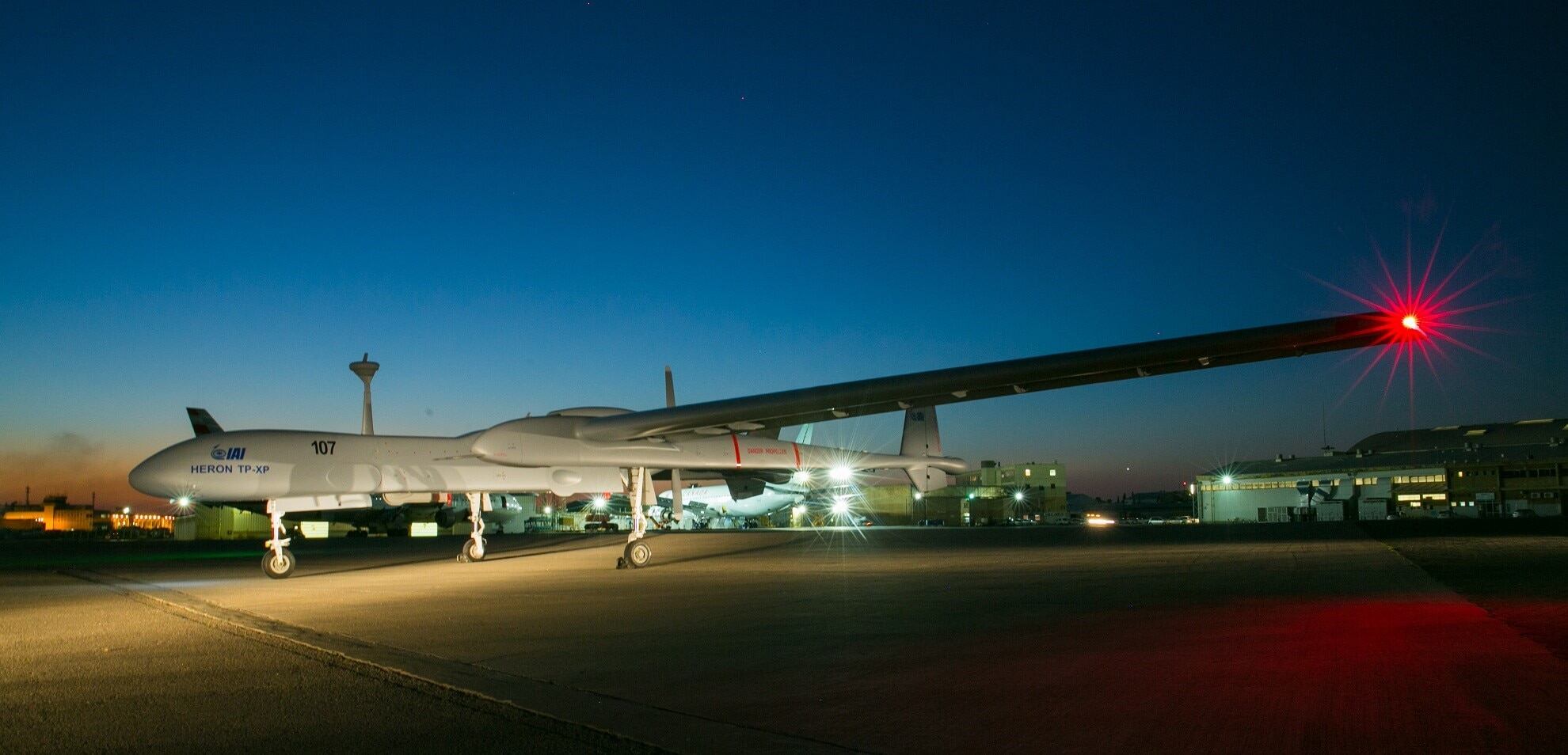LE BOURGET, France — The largest defense company in Israel is working toward an initial public offering, but “for the time being, the state of Israel comes before anything else,” said its CEO.
Currently government-owned with only bonds trading on the Tel Aviv Stock Exchange, Israel Aerospace Industries reported $3.7 billion in revenue for 2018 — a 5 percent increase compared to the year before, but reflecting a net loss of $44 million.
The company completed at the start of last year a major business and corporate restructuring, consolidating three divisions and another business enterprise into a single division, and rolling out a new strategy to enable growth.
Part of that strategy is the IPO, which was approved in December by acting Defense Minister and Prime Minister Benjamin Netanyahu, said CEO Nimrod Sheffer. But politics may slow the process.
“For the time being, I’m not sure that the Israeli government could make major decisions because we are going though elections” scheduled for September, he said. “Everything will be a little bit slower than I want it to be.”
According to Israeli news site CTech, the country will list 25 percent of IAI’s securities, according to a post-IPO valuation of $4 billion. No shareholder could acquire a stake larger than 4.99 percent, and only the state will have the right to appoint board members.
But the public offering will provide the company with the influx of cash needed to generate growth, according to leadership. And while government will maintain a controlling share of the company, there will still be a shift from current operations.
RELATED

“When the public holds shares of the company, owns parts of the company, it can be a little bit more difficult,” Sheffer said. “But [Israel Defense Forces] is going to have exactly the same support, maybe even better. First and foremost we support Israel’s national defense needs, and that’s not going to change.”
IAI’s chairman, Harel Locker, has been candid about IAI’s challenges in public statements, saying at a conference in December: “We need to start making a profit, otherwise we’ll end up with the liquidator.” He has also been a vocal advocate for the IPO, emphasizing the potential for improved performance and the potential for the company to be — in the words of Sheffer — “part of the market and not just a defense company.”
Along with the IPO, IAI sees expanded cooperation with the United States as a means of growth, largely through its IAI North America subsidiary. Sheffer pointed to the U.S. Army’s decision to buy a limited number of Iron Dome batteries — which are built by Israel-based Rafael in partnership with Raytheon, but utilize IAI’s Elta radar — as an example of the many opportunities for cooperation. IAI is also teaming up with Lockheed Martin for the U.S. Army’s upcoming “sense-off” demonstration of possible radars for its Lower Tier Air and Missile Defense System. Sheffer also said that IAI is “in the midst of a big test with the United States,” but could not elaborate.
The issue for the U.S., he said, is that the offerings must be produced in America.
“So we have to find a way to say: ‘OK, we understand, we can make this an American radar with our partners in the United States,' ” Sheffer said. “That’s OK because I have the [intellectual property]. That’s one of the main reasons why we have IAI North America — to give us the capability to transfer technology into the United States to be used” as part of American-made systems.
Jill Aitoro is editor of Defense News. She is also executive editor of Sightline Media's Business-to-Government group, including Defense News, C4ISRNET, Federal Times and Fifth Domain. She brings over 15 years’ experience in editing and reporting on defense and federal programs, policy, procurement, and technology.








